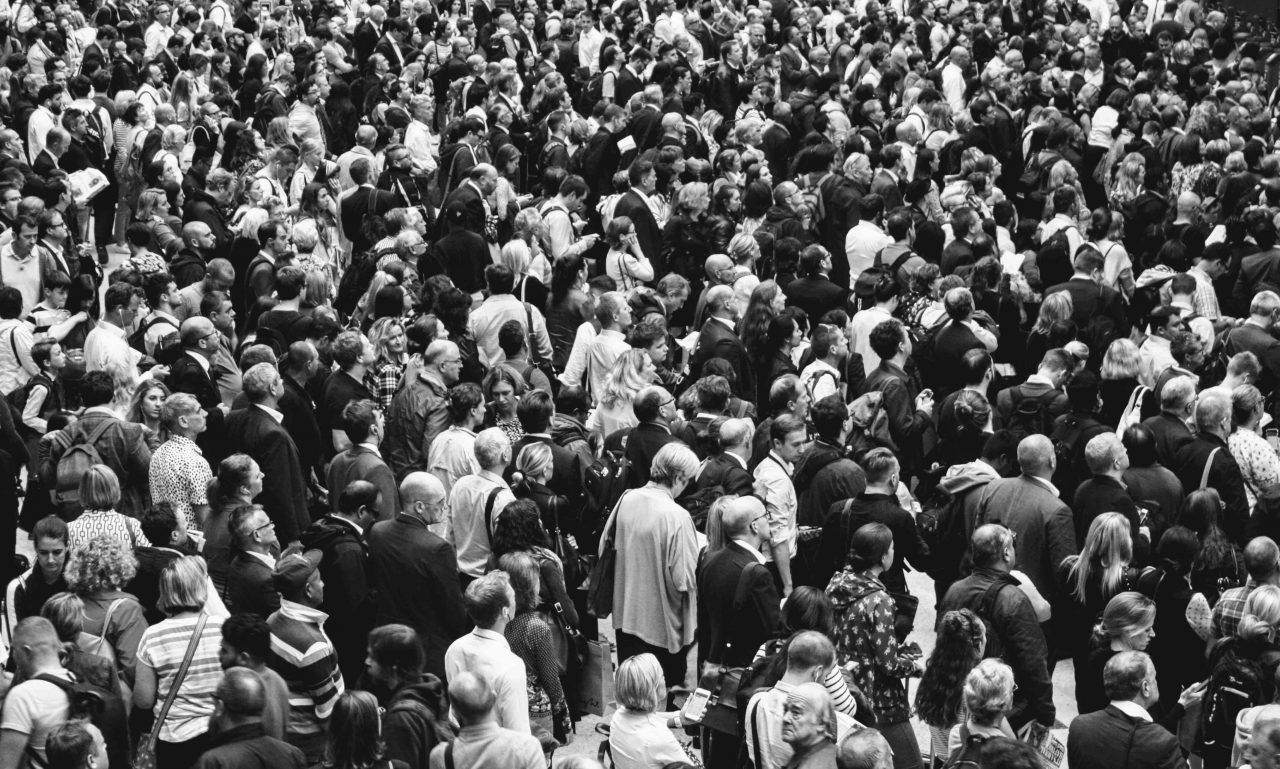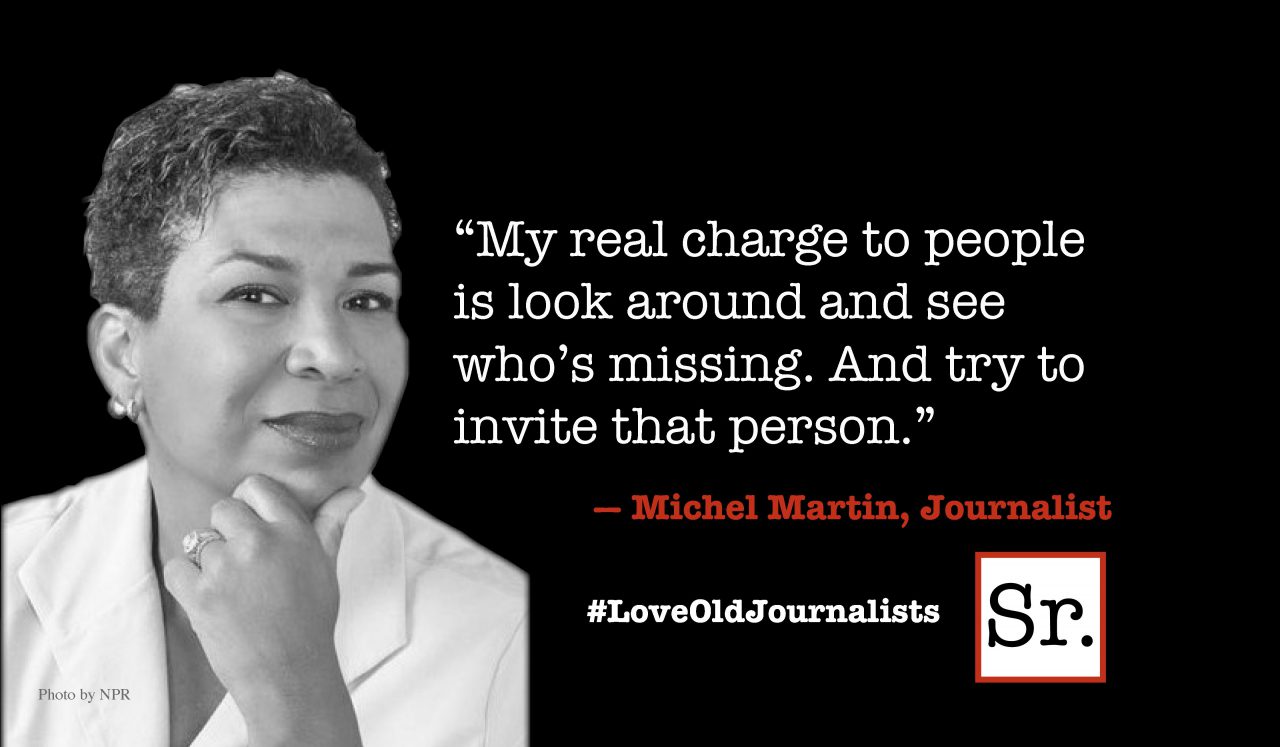This is the fourth column in which we are exploring the importance of ways we must depend on each other. We began this series by affirming our need of one another, and why the notion that we are our brothers’ keepers must become a commitment to be our brothers’ brother.
Two weeks ago we examined how our national survival depends on the realization that we are part of an interdependent community of nations, and not “an island entire of itself,” as John Donne put it. Even with our overwhelming military and economic power, the United States cannot simply withdraw from the world’s international structures as if we didn’t need them for our survival. An antithesis of this notion is the passion to build a massive wall whose sole purpose is to keep “them” out.
Our commitments to the United Nations, the International Court of Justice and the Paris agreement on climate change are essential for our own safety, as well as the world’s well being. International interdependence is no longer just a voluntary option — it is the key to our survival.
Last week we examined how this nation cannot exist only for the benefit of a tiny enclave of the very wealthy in a sea of poverty and despair, and how at our best, private charity and public policy have been combined to offer ways by which all Americans are offered the opportunity to live with dignity.
Now, in this final column about our need of each other, we come to the most intimate circle of interdependency. I speak of the family, the extended family and other wider groups that may be called “family ” because they evidence a relationship more binding even than blood. There may be a few people who are able to stand alone without the need of anyone else, but I wonder how they manage to survive. Most of us don’t even know who we are until we see ourselves reflected in someone’s eyes. While I am often tempted to see myself as an independent person without the need of others to keep me propped up, down deep I know how untrue that self-image really is. If I am occasionally tempted to withdraw into my turtle-like shell, Wendy reminds me that as a loner I am half a person, and not a very good one at that.
There is an old illustration preachers have often used which describes the difference between heaven and hell. In both no one has elbows, and everyone’s arms are stiff from wrist to shoulder. In both places a magnificent banquet is being served. But in hell no one is able to eat, while in heaven everyone enjoys the feast because they extend their arms and feed each other.
I am fortunate to have spent my life in communities of mutual support, beginning with my family and continuing with small groups in churches where I ministered — and was ministered to. Just a month ago we were visited by dear friends who were leaders in a congregation I served years ago. There are many others we may not have seen for decades, but who remain in our hearts. Wendy still maintains a lasting association with people she may not have seen for three-quarters of a century, but she knows that these schoolmates or neighbors are precious to her even today.
And then there are the magical encounters when strangers we may not even see watch over us. Henry Wadsworth Longfellow captured that image in a poem which likened these unseen encounters to:
Ships that pass in the night, and speak each other in passing,
Only a signal shown and a distant voice in the darkness;
So on the ocean of life we pass and speak one another,
Only a look and a voice, then darkness again and a silence.
These are the angels who watch over us even if we do not know it — or even know who they are.
Wendy and I now reside in a retirement community where mutual support is an unwritten albeit an absolute commitment. We call this “our beloved intentional community” and it is our intention to take care of one another as long as we live. All of us have spent our careers binding up the world’s wounds, and now it is still what we are about, beginning with the 300 people who here are now our brothers and sisters in this, our extended family.









